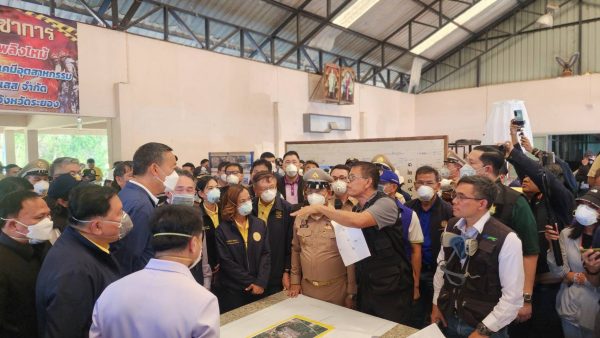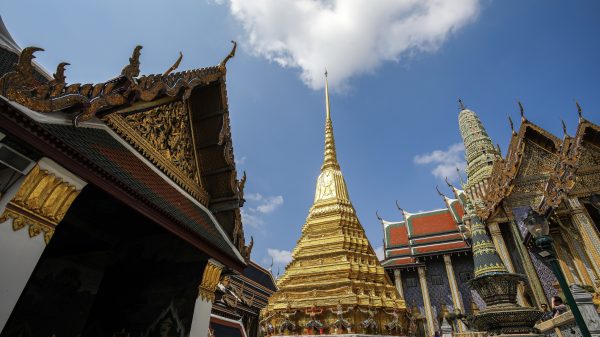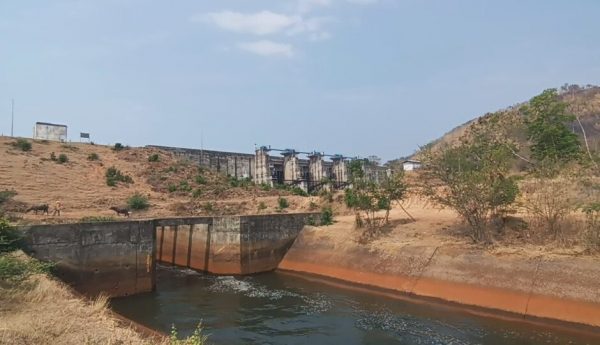Hospitals in Bangkok suspend COVID-19 tests as they run out of beds for the infected

Several hospitals in Bangkok have suspended PCR swab tests because they are concerned that, if some test positive for COVID-19, they will have no beds to accommodate them. Others have scaled down the service, because their staff are overloaded, according to Dr. Suppachok Kirdlarp of Mahidol University’s Faculty of Medicine of Ramathibodi hospital.
Meanwhile, Prof. Dr. Thiravat Hemachudha, head of the Thai Red Cross Emerging Infectious Diseases Health Science Centre, said that Chulalongkorn Hospital has suspended COVID-19 swab tests for four days, from today (Thursday) because, if some test positive, there are no beds available.
He said that there are still patients arriving at the ER and several of them have developed lung infections, but no beds are available, adding that several other hospitals are experiencing the same problem.
He also pointed out that several field hospitals, in the Deep Red Zone, are operating and are even equipped with ventilators for severe cases “but the problem is finding doctors and nurses.”
He warned Thai people not to lower their guard, even if they are fully inoculated, because they can still get infected and everyone is vulnerable.
In his Facebook post today, Dr. Suppachok noted that, due to fewer swab tests being conducted at hospitals, the daily new infection rate, recorded at more than 4,000 cases in the past few days, may not reflect the real situation, as actual infections may be much higher.
He also doubted the government’s claim that the hospital bed management system is functioning smoothly, asking why there are still cases of infected people who cannot be admitted and have been waiting for 3 to 4 days.
He pointed out that each severe case normally occupies an ICU bed for 2-4 weeks and, sometimes, as long as two months for those who need a ventilator, adding that even if more field hospitals are established and fully equipped, there won’t be enough medical personnel to man them.
Dr. Suppachok also questioned the efficacy of the Chinese-made Sinovac, one of the two vaccines being administered by the Government in Thailand, asking why some countries, which have vaccinated their people with Sinovac, have had to reimpose lockdown measures and why research work on the vaccine has not been publicly disclosed.
He cited the case of the United States, which has managed to contain daily infections to just a few thousand, down from an average of 200,000 cases, after more than 150 million doses of high potency vaccines, such as Pfizer and Moderna, have been administered to its people.






